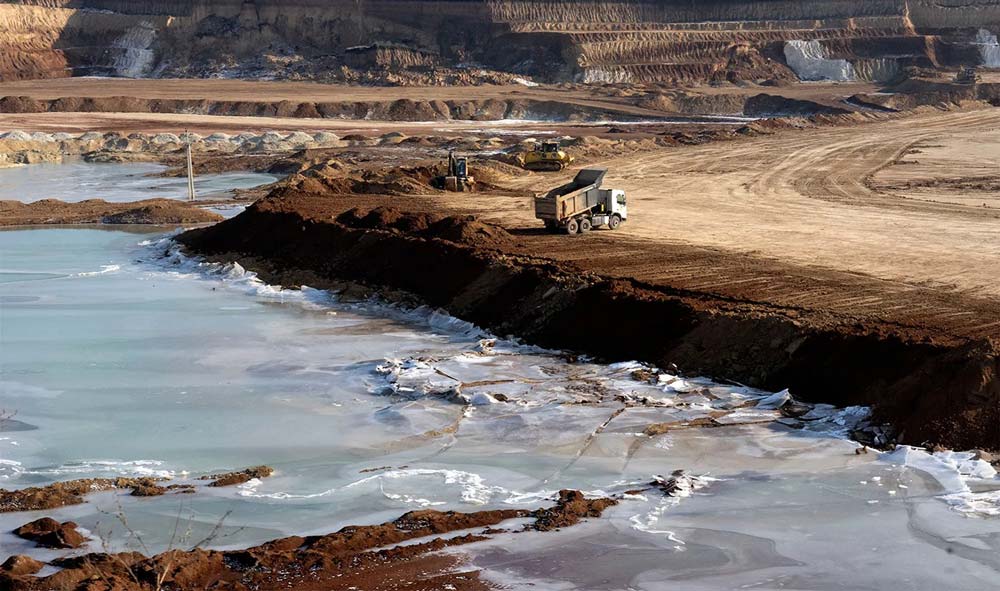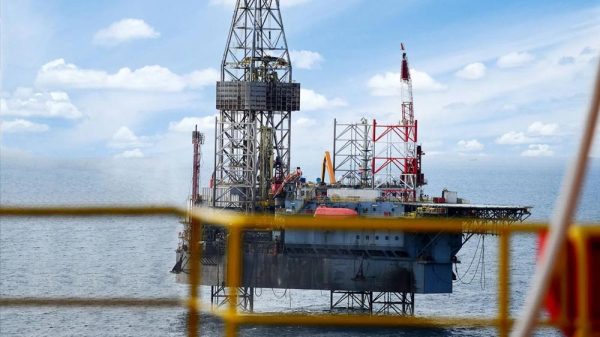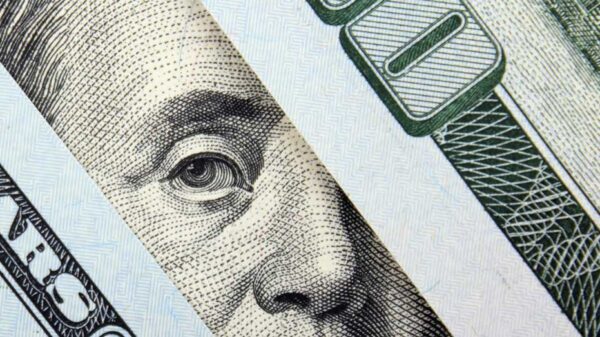The global automotive industry is sounding the alarm as China’s recent export restrictions on rare earth elements begin to disrupt supply chains, forcing some production lines to shut down and raising concerns about the sector’s future stability.
Rare earth elements are critical to the manufacturing of both traditional combustion engines and electric vehicles, as well as key components in defense and energy technologies. In early April, China’s Ministry of Commerce implemented strict export controls on these materials, a move seen as retaliation against U.S. tariff increases on Chinese goods.
European Auto Makers Hit Hard
The impact of China’s restrictions has been swift and severe, particularly in Europe. CLEPA, the European Association of Automotive Suppliers, reported that several auto supplier plants have already halted production due to dwindling inventories. Benjamin Krieger, Secretary General of CLEPA, warned that unless the situation improves, the shutdowns could escalate, threatening the entire supply chain.
Germany’s automotive sector, a cornerstone of Europe’s economy, has been particularly vocal about the risks. Hildegard Müller, President of the German Association of the Automotive Industry (VDA), described the restrictions as a “serious challenge” to supply security. While some export licenses have been granted by Chinese authorities, Müller noted delays in customs clearance and insufficient approvals, which threaten to bring production to a standstill.
Müller has called on German and European Union policymakers to urgently address the issue with Beijing, emphasizing the need for a swift resolution to prevent further disruptions.
Global Dependence on China’s Rare Earths
China dominates the global supply of rare earth elements, accounting for approximately 60% of global production. This dominance has long been a strategic concern for Western nations, particularly as demand for rare earths is expected to soar in the transition to clean energy technologies.
U.S. officials have warned that the country’s reliance on Chinese rare earths poses a potential risk to national security. While efforts are underway to recycle rare earths and develop alternative sources, experts caution that these initiatives are unlikely to meet the growing demand in the short term.
Japan Takes Action
Japan’s automotive industry is also grappling with the fallout from China’s curbs. Nissan CEO Ivan Espinosa acknowledged the immediate impact on production and stressed the importance of exploring alternative sources. “We need to continue finding alternatives for the future, keeping flexibility and keeping our options open,” Espinosa said.
Suzuki Motor has already suspended production of its Swift model due to the shortage, illustrating the vulnerability of even well-established manufacturers.
Mixed Reactions from Automakers
While some automakers are feeling the pinch, others appear better positioned to weather the crisis. BMW reported disruptions in its supplier network, while Mercedes-Benz and Volkswagen stated that their supply chains remain stable for now. Mercedes-Benz highlighted its strategy to reduce dependence on rare earths by developing new material compositions for electric drives.











